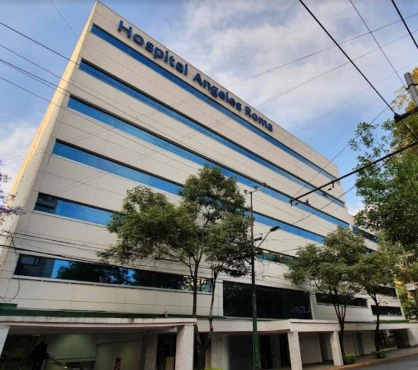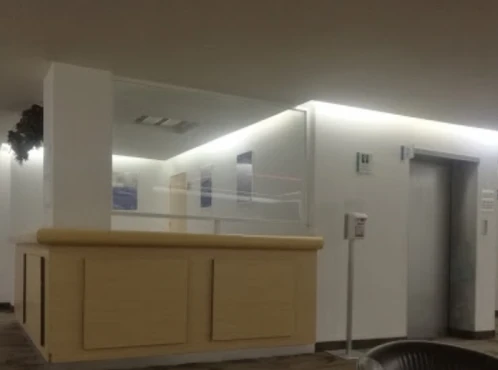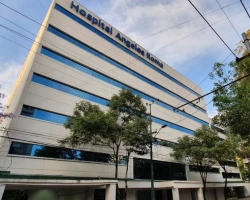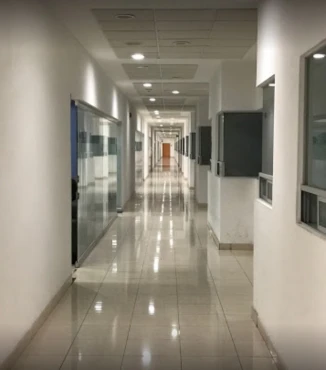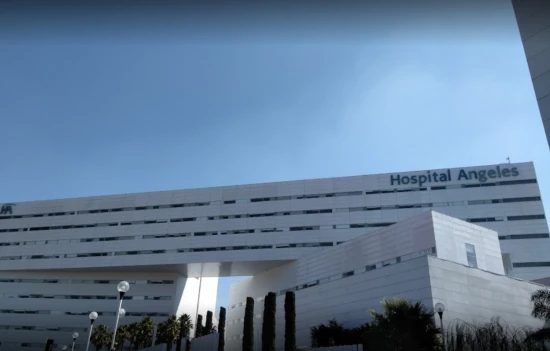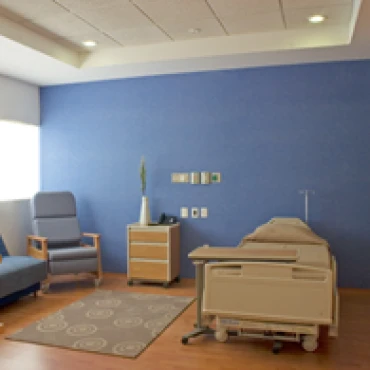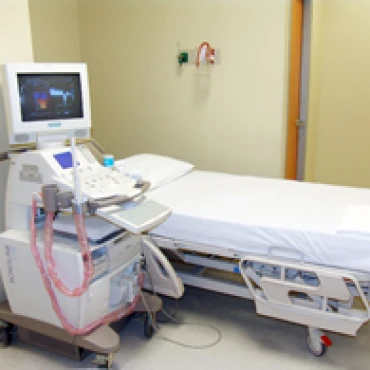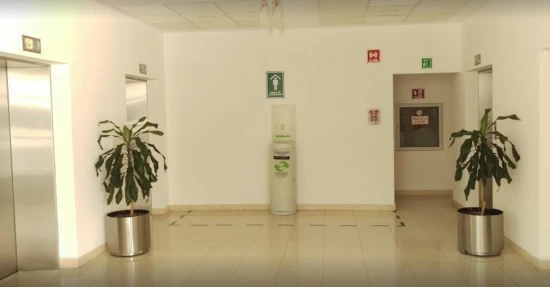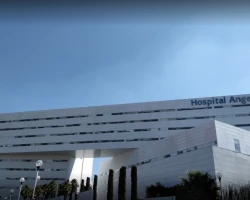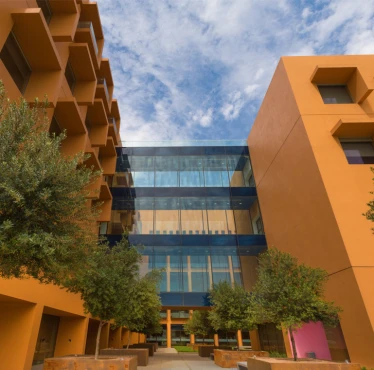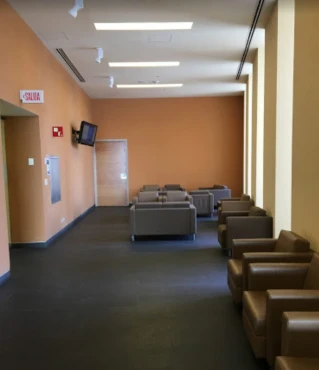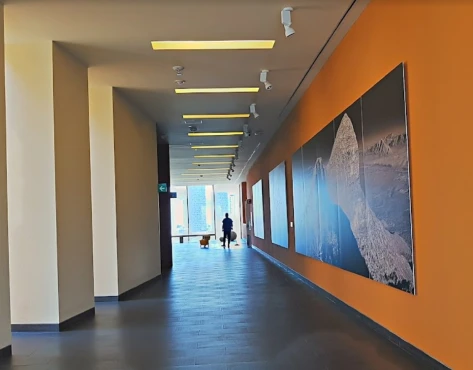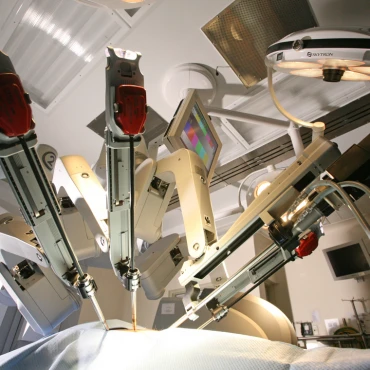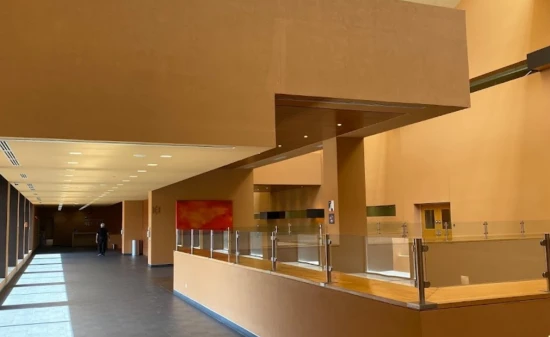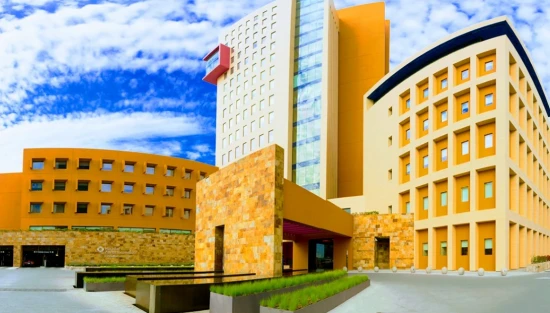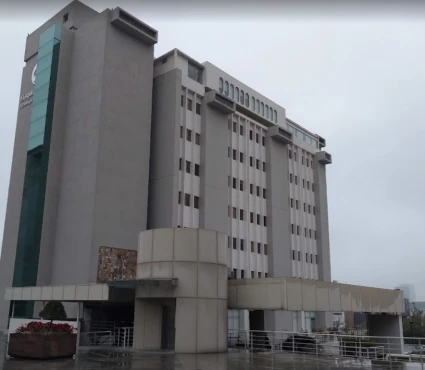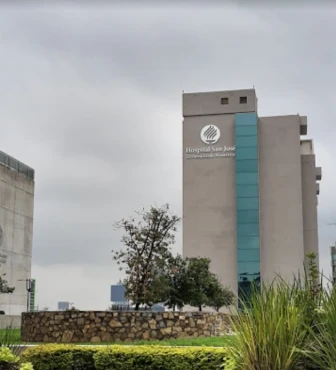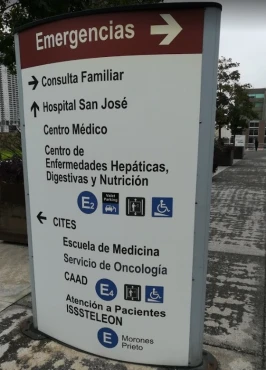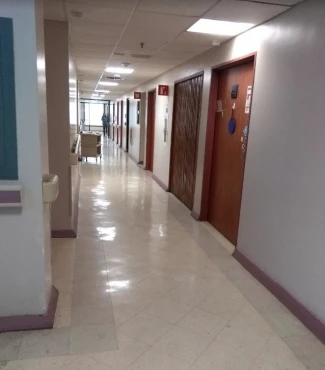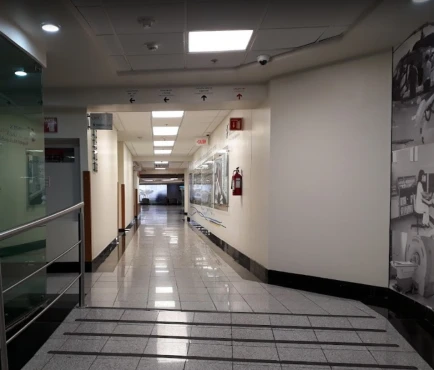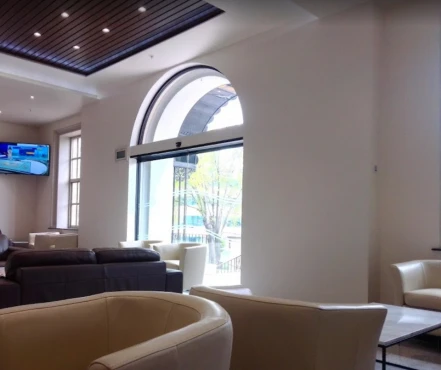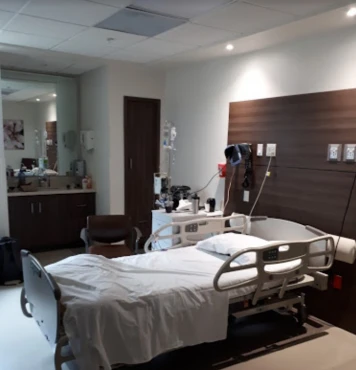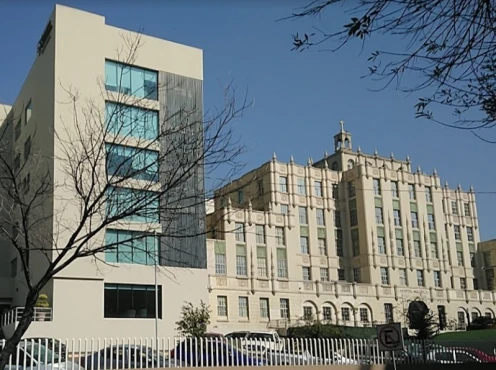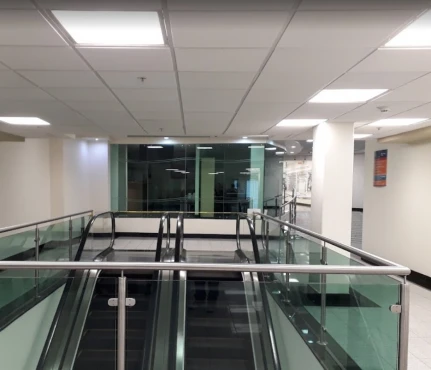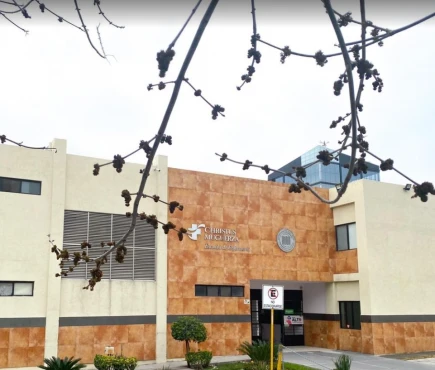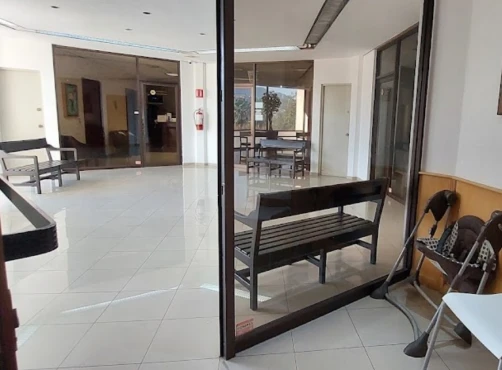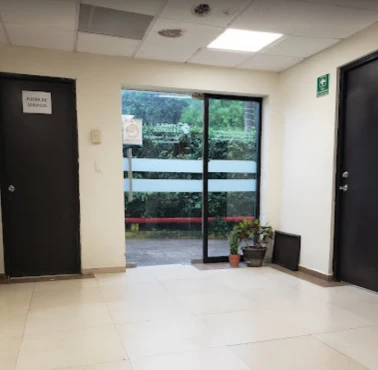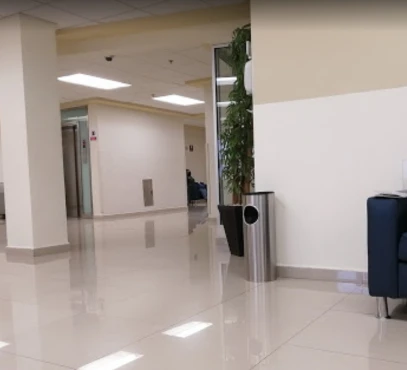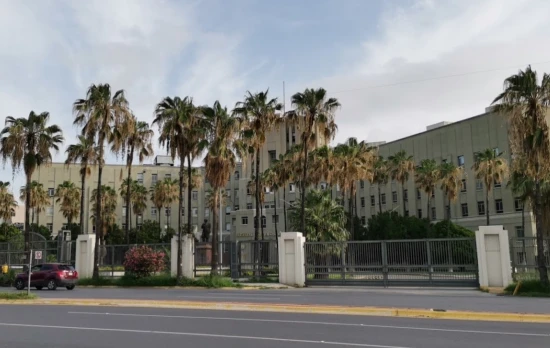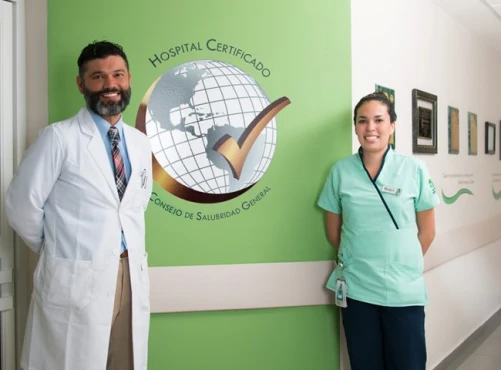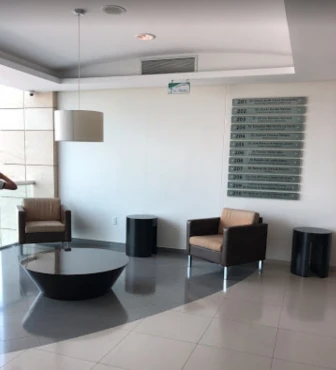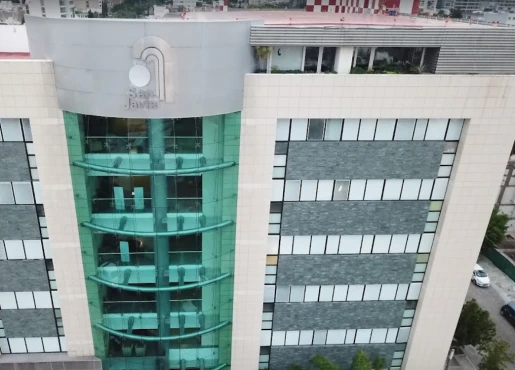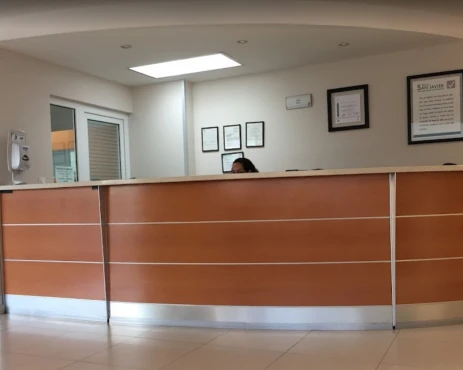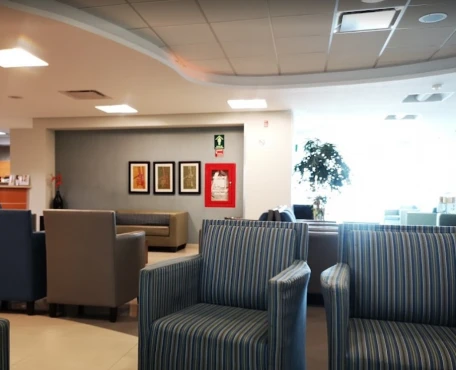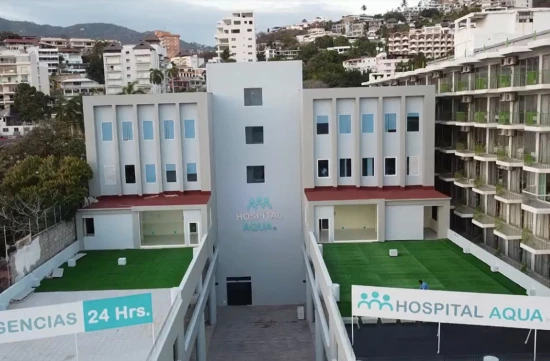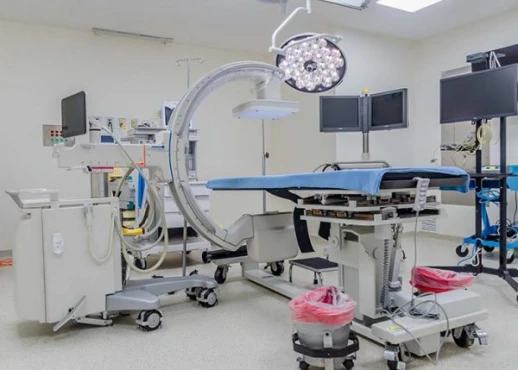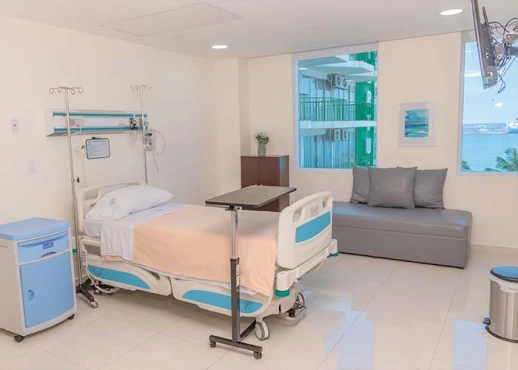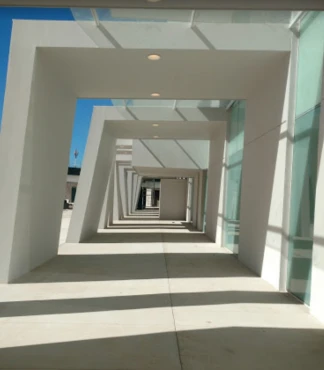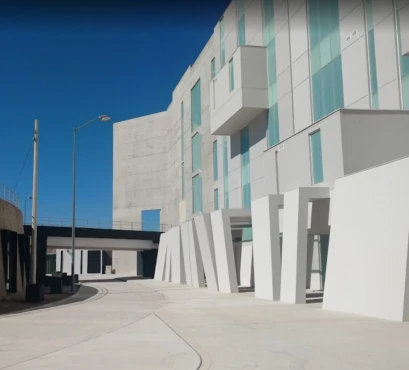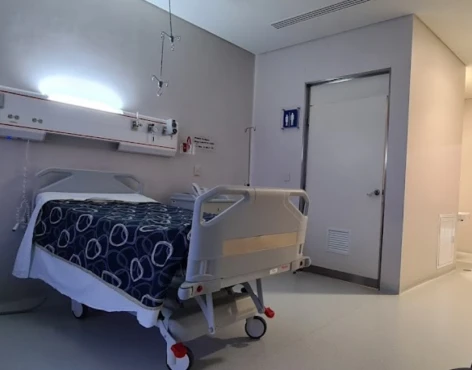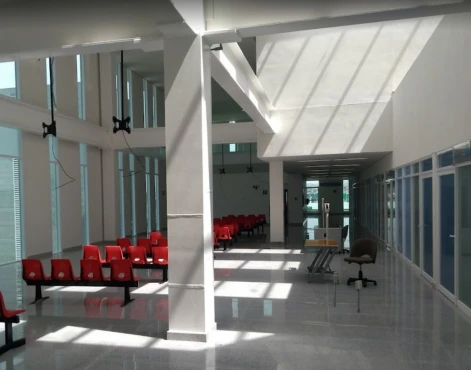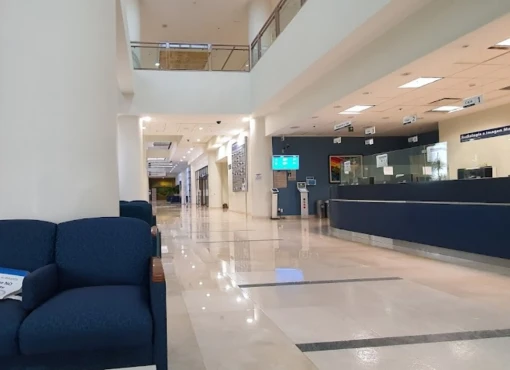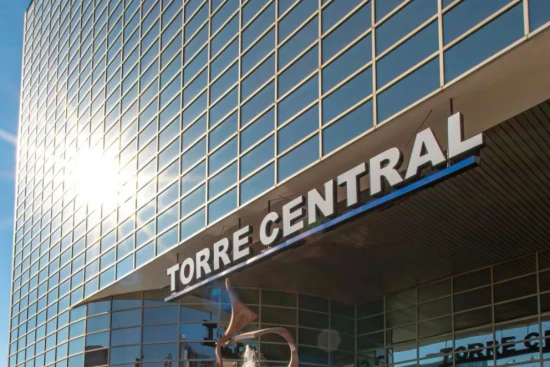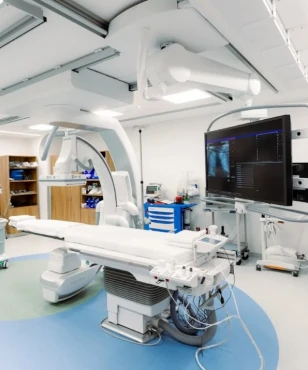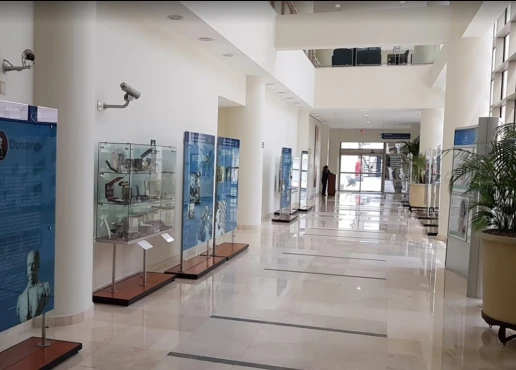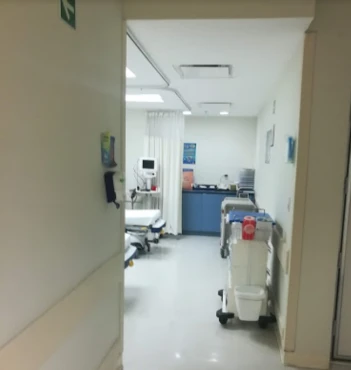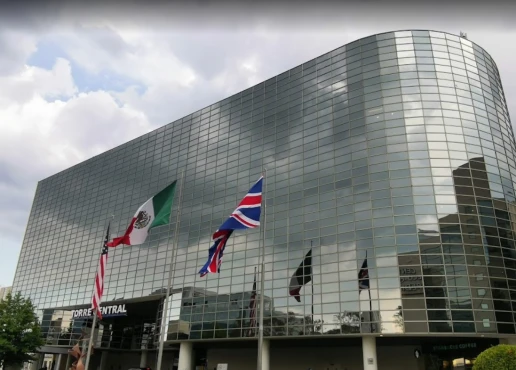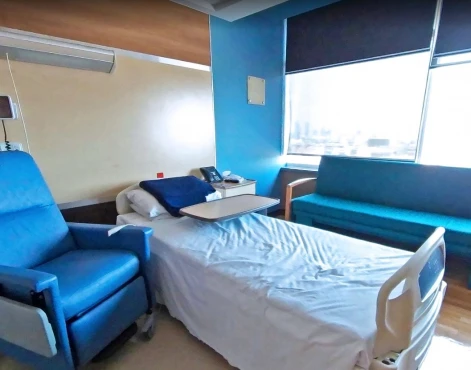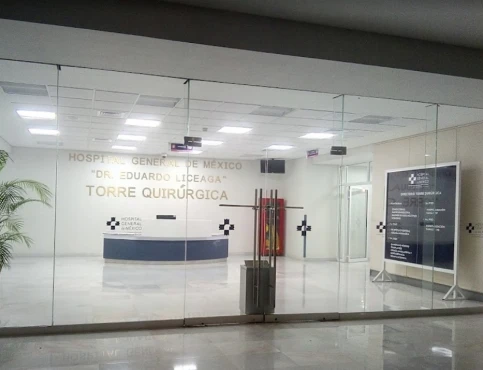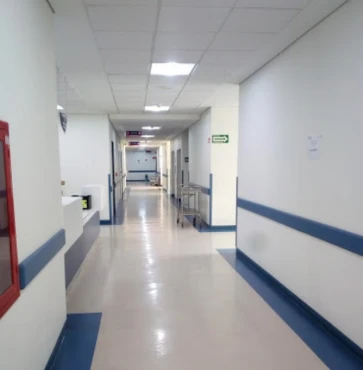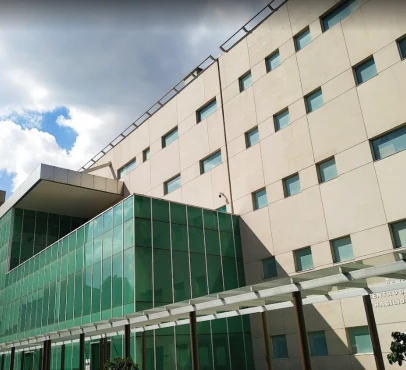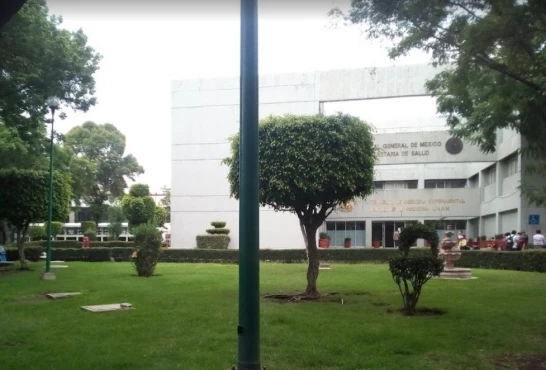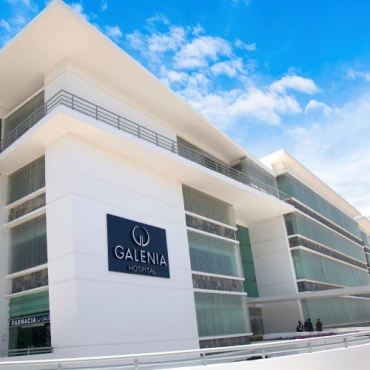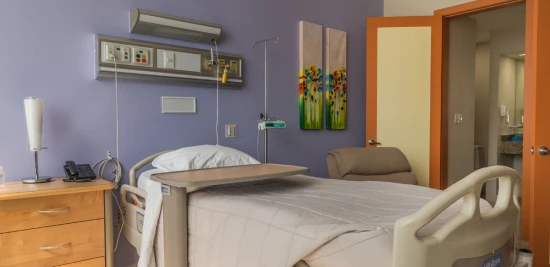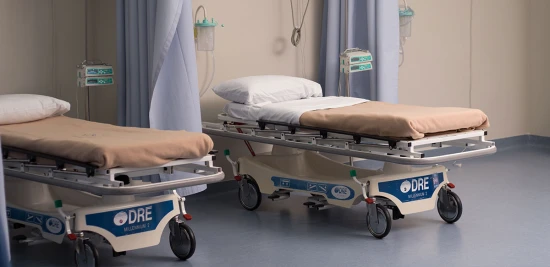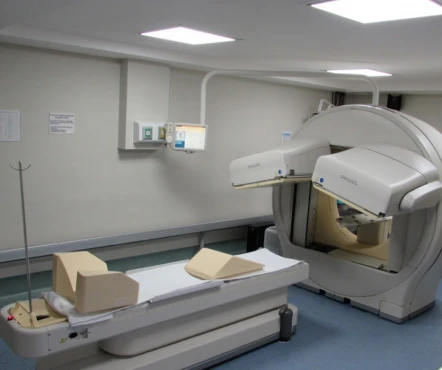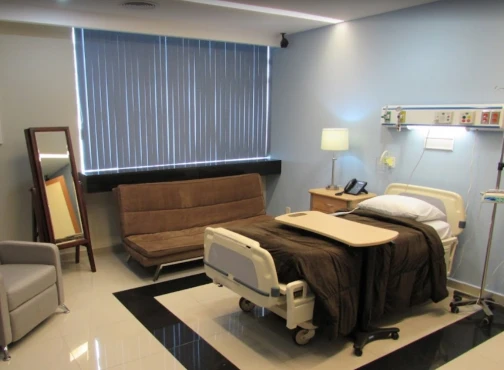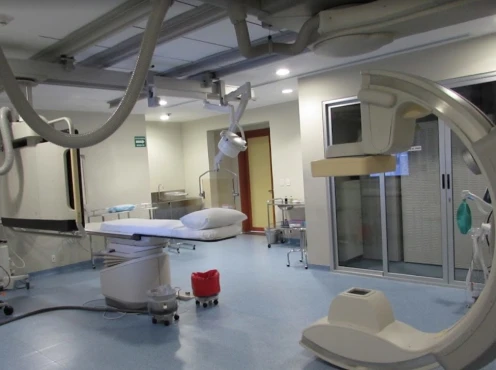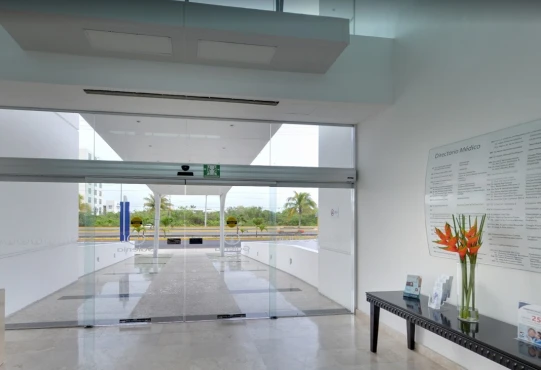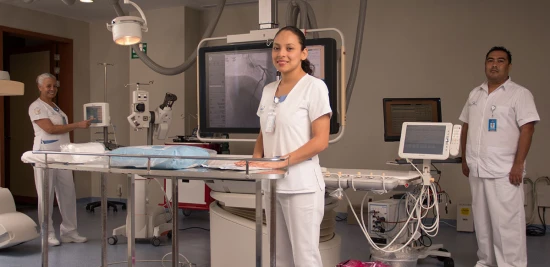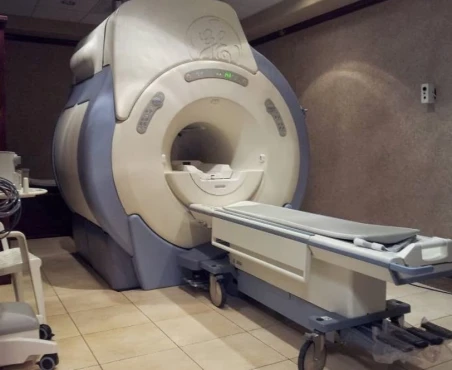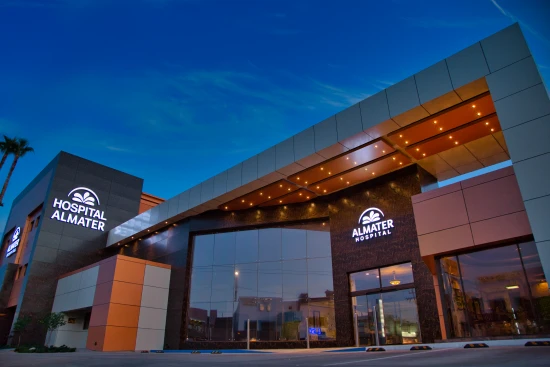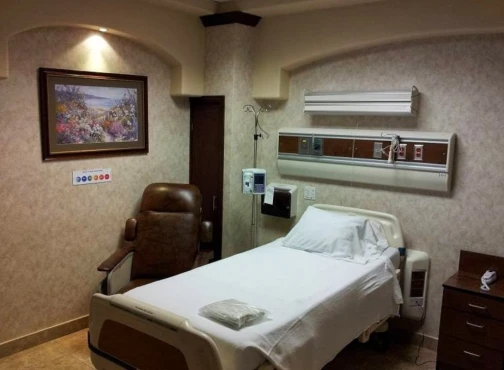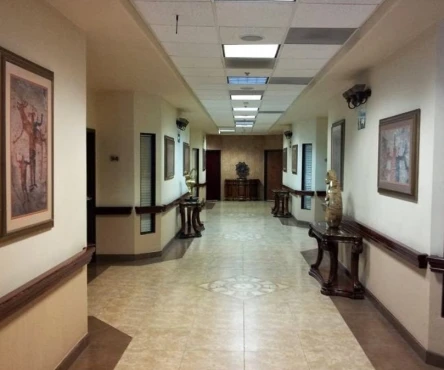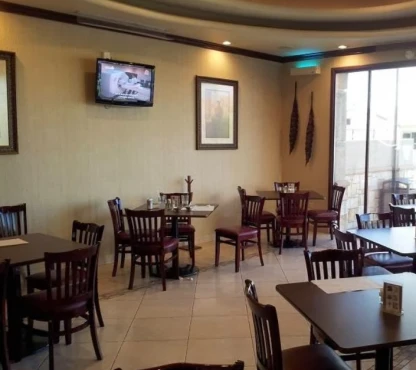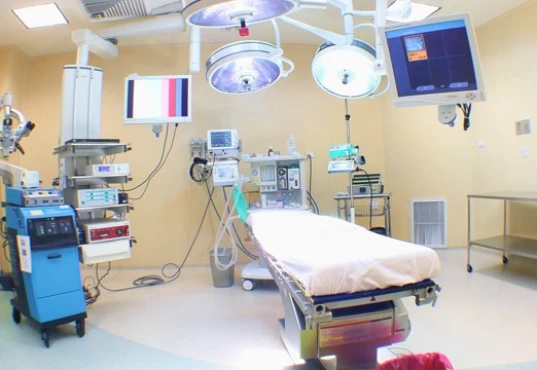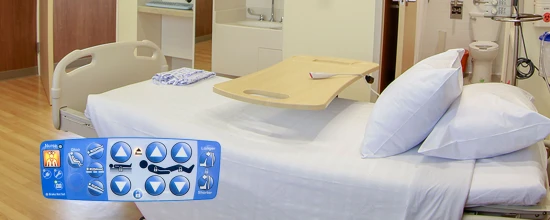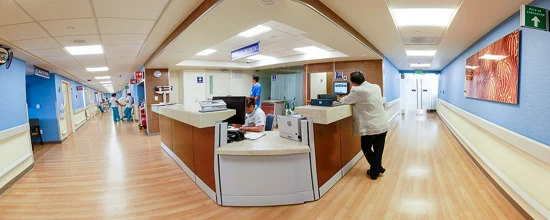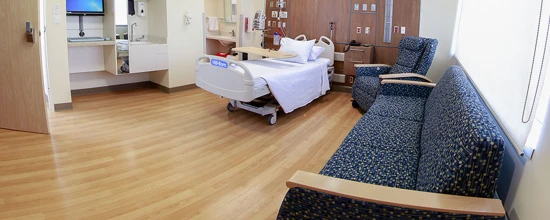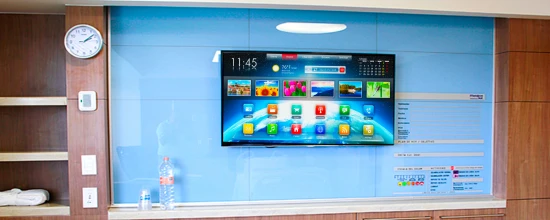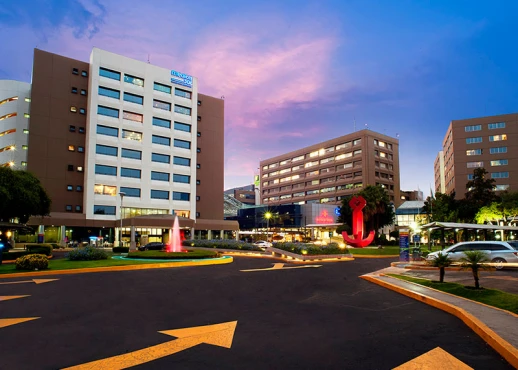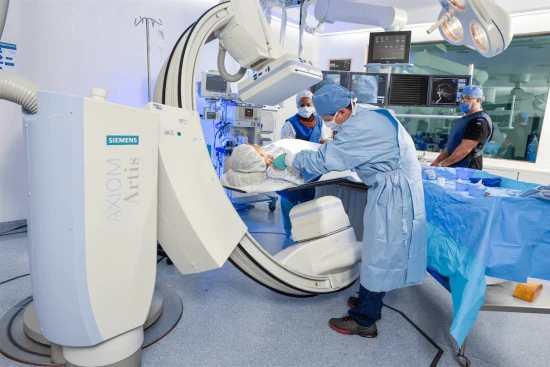Heart failure treatment in 35 Cardiac surgery clinics in Mexico
35 clinics specializing in Cardiac surgery providing treatment of Heart failure Heart failure is a chronic condition where the heart cannot pump blood effectively to meet the body's needs. It results in symptoms such as shortness of breath, fatigue, fluid retention, and reduced exercise tolerance. disease in Mexico.
Aguascalientes · 2
Cancún · 2
Chihuahua · 1
Cozumel · 1
Ensenada · 1
Guadalajara · 1
Mexicali · 2
Mexico City · 12
Monterrey · 4
Mérida · 1
Puebla · 2
Saltillo · 1
San Luis Potosí · 2
Tijuana · 1
You can select a specific city
Acapulco de Juárez · 1
Aguascalientes · 2
Cancún · 2
Chihuahua · 1
Cozumel · 1
Ensenada · 1
Guadalajara · 1
Mexicali · 2
Mexico City · 12
Monterrey · 4
Mérida · 1
Puebla · 2
Saltillo · 1
San Luis Potosí · 2
San Pedro Garza Garcia · 1
Tijuana · 1
Sorted by:
Relevance
Rating
Relevance
Prices for popular procedures:
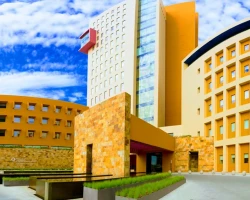
San Pedro Garza Garcia, Mexico
Specializations: Cardiac surgery, Vascular surgery, Thoracic surgery, Neurosurgery, Spine surgery, Orthopedic surgery, Oncology
The Zambrano Hellion Hospital provides specialization and cutting-edge hospital care with a new level for health care, it has comprehensive programs and specialized centers in
read more
Prices for popular procedures:
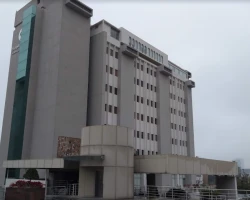
Mexico City, Mexico
Specializations: Cardiac surgery, Vascular surgery, Thoracic surgery, Neurosurgery, Spine surgery, Orthopedic surgery, Oncology
Hospital San José is the hospital committed to medical innovation, which integrates health professionals, pioneers and experts, dedicated to caring for health for more than
read more
Prices for popular procedures:
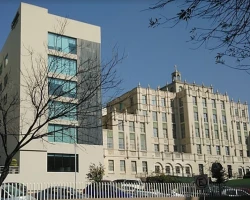
Monterrey, Mexico
Specializations: Cardiac surgery, Vascular surgery, Thoracic surgery, Neurosurgery, Spine surgery, Orthopedic surgery, Oncology
Languages: English
Since its foundation in 1934, Muguerza Hospital, today CHRISTUS MUGUERZA Hospital Alta Especialidad, has remained at the forefront of medicine in Nuevo León. 87 years
read more
Prices for popular procedures:
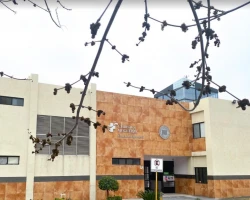
Monterrey, Mexico
Specializations: Cardiac surgery, Vascular surgery, Thoracic surgery, Neurosurgery, Spine surgery, Orthopedic surgery, Oncology
Languages: English
For more than 8 decades, at CHRISTUS MUGUERZA Hospital Conchita we have distinguished ourselves in serving Monterrey families with a service of high human warmth
read more
Prices for popular procedures:
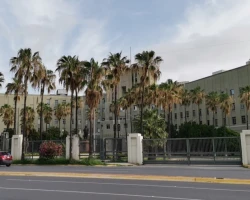
Monterrey, Mexico
Specializations: Cardiac surgery, Vascular surgery, Thoracic surgery, Neurosurgery, Spine surgery, Orthopedic surgery, Oncology
We are a Hospital Institution at the service of society, belonging to the Faculty of Medicine of the Autonomous University of Nuevo León; through which
read more
Prices for popular procedures:
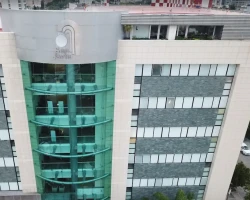
Guadalajara, Mexico
Specializations: Cardiac surgery, Vascular surgery, Thoracic surgery, Neurosurgery, Spine surgery, Orthopedic surgery, Oncology
Taking specific medical-hospital service needs into account in Guadalajara and in the West of Mexico, Grupo Empresarial San Javier (Corporate Group), formed by a group
read more
Prices for popular procedures:
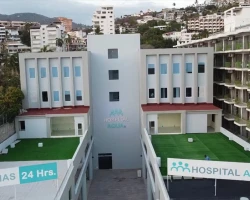
Acapulco de Juárez, Mexico
Specializations: Cardiac surgery, Vascular surgery, Thoracic surgery, Neurosurgery, Spine surgery, Orthopedic surgery, Oncology
The Hospital AQUA arises to meet the demand of medical service around the port of Acapulco and the state of Guerrero. If you are looking
read more
Prices for popular procedures:
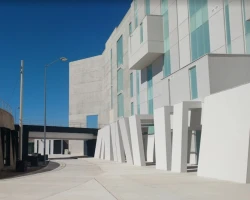
Aguascalientes, Mexico
Specializations: Cardiac surgery, Vascular surgery, Thoracic surgery, Neurosurgery, Spine surgery, Orthopedic surgery, Oncology
Considered one of the most important health institutions in the center of the country, Hidalgo Hospital receives patients from neighboring states such as Jalisco, Zacatecas,
read more
Prices for popular procedures:
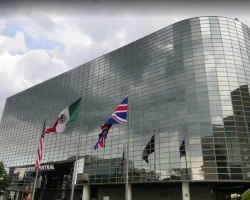
Mexico City, Mexico
Specializations: Cardiac surgery, Vascular surgery, Thoracic surgery, Neurosurgery, Spine surgery, Orthopedic surgery, Oncology
We are an institution that cares for the health and safety of our patients through the best medical practices. We distinguish ourselves by being supportive
read more
Prices for popular procedures:
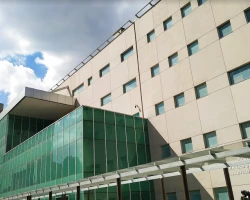
Mexico City, Mexico
Specializations: Cardiac surgery, Vascular surgery, Thoracic surgery, Neurosurgery, Spine surgery, Orthopedic surgery, Oncology
The origin of the General Hospital of Mexico dates back to February 5, 1905, when it was inaugurated, thus beginning an extraordinary stage in the
read more
Prices for popular procedures:
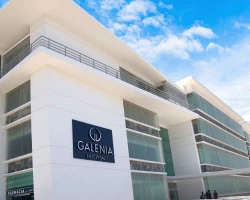
Cancún, Mexico
Specializations: Cardiac surgery, Vascular surgery, Thoracic surgery, Neurosurgery, Spine surgery, Orthopedic surgery, Oncology
We are the first High Specialty hospital in the Southeast of Mexico We have a state-of-the-art infrastructure with advanced medical technology and a team of
read more
Prices for popular procedures:

Mexicali, Mexico
Specializations: Cardiac surgery, Vascular surgery, Thoracic surgery, Neurosurgery, Spine surgery, Orthopedic surgery, Oncology
Almater Hospital is one of the leading healthcare facilities in northern Mexico. Located just two hours from San Diego, California, in the vibrant border city
read more
Prices for popular procedures:
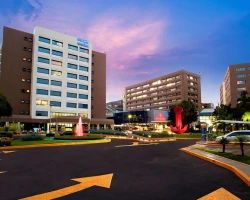
Mexico City, Mexico
Specializations: Cardiac surgery, Vascular surgery, Neurosurgery, Spine surgery, Orthopedic surgery, Oncology, Dentistry
Languages: English
Médica Sur S.A.B. of C.V. is a private health institution in Mexico City, which owns a hospital and 140 clinical analysis laboratory branch offices (under
read more
Clinics grouping by rating
Clinic with the highest rating of 4.5 — Excel Hospital in Tijuana, Mexico, clinic with the most reviews number of 1548 — Hospital General de México Dr. Eduardo Liceaga in Mexico City, Mexico.
With rating 4.0 and over — 17 clinics .
Countries with the highest number of clinics treating the diseases:
Heart failure:
worldwide
773 clinics
Brazil
47 clinics
Germany
47 clinics
India
41 clinics
Mexico
35 clinics
Colombia
32 clinics
Related procedures:
Procedures are likely to be used for Heart failure treatment:
Cardiac catheterization,
Cardiac resynchronization therapy with defibrillator (CRT-D),
Cardiac resynchronization therapy with pacemaker (CRT-P),
Change of defibrillator,
and
Coronary catheterization
.
